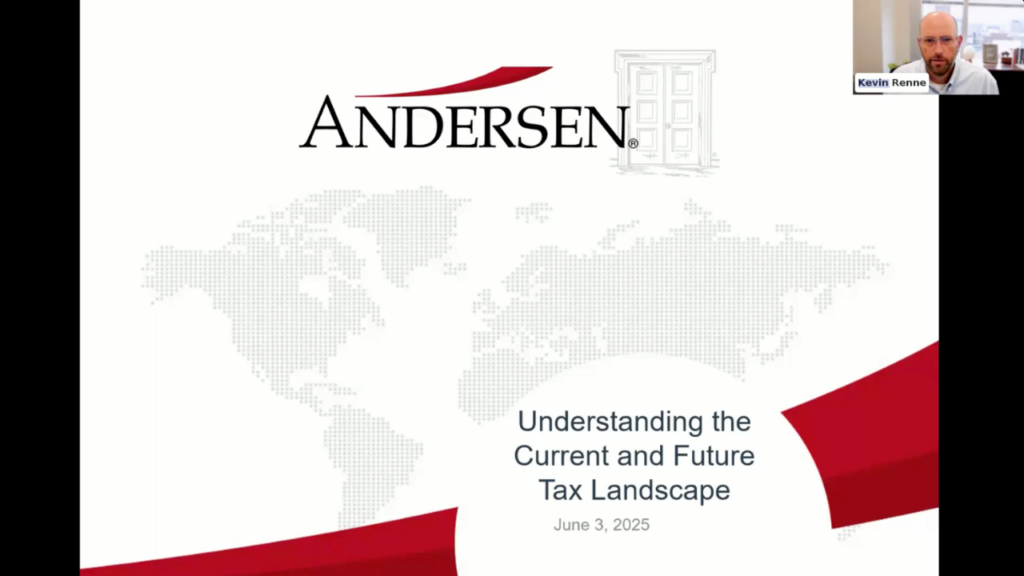Think of the most important professional relationships in your life: your physician, your CPA, your attorney (if you have one), or even the mechanic you depend on to fix your car when something is wrong with it. What is the most important quality shared by your dealings with all these people? Very likely, that quality can be summed up in one word: trust. When any of us seek advice for the really important decisions in life, we want to know that the person we’re talking to is someone we can trust. We want to believe that they have the knowledge, experience, and integrity to help us make an informed decision. We also want to be able to depend on them to understand our situation well enough to advise us in a way that is most appropriate for our particular needs. We want to be more to them than “an account” or an entry on a client list; we want to know that they genuinely care about us and have our best interests at heart.
At JFS Wealth Advisors, our commitment to our clients’ trust is captured in our fundamental definition of how we go about our business: the fiduciary standard. By operating as a fiduciary for our clients, we believe we earn and deserve their trust in us as we work with them to develop sound financial strategies built upon a deep understanding of each client’s particular needs, goals, and financial understanding. We are a fiduciary advisor, and we take that responsibility very seriously.
But what, exactly, is the fiduciary standard? What is at stake, and why does it matter to your investment account whether your financial advisor is a fiduciary or not?
It all starts with understanding the basic meaning of what a fiduciary is. The Merriam-Webster Dictionary defines the word “fiduciary” as “of, relating to, or involving a confidence or trust.” In other words, when a person is in a fiduciary relationship or acting in a fiduciary capacity, they are in a position of trust and obliged to perform in a trustworthy manner toward the other party in the relationship.
Next, take note of the definition of the “fiduciary standard of care” as put forth by the CERTIFIED FINANCIAL PLANNER® Board of Standards: a fiduciary financial advisor is professionally and ethically committed to “act in their client’s best interests at all times when providing financial advice and financial planning.” What does this mean? It includes:
- Placing the client’s interests above their own interests or the interests of their firm.
- Avoiding conflicts of interest with clients or obtaining informed consent and properly managing the conflict.
- Continuing to put the client’s interests first, even when acting under a conflict of interest.
- Complying with the terms of the client engagement letter and following client directions, so long as they are reasonable and lawful.
- Acting with care, skill, prudence, and diligence based on the client’s goals, risk tolerance, objective, financial status, and personal circumstances.
(Source: https:// www.letsmakeaplan.org)
In practical terms, this means, among other things, that a fiduciary advisor should never recommend a product or service to a client solely on the basis of its profitability for the advisor or their firm. Why? Because to do so would place the client’s interests behind those of the advisor and the firm—something a fiduciary advisor is prohibited from doing. A fiduciary advisor should never conceal from a client any fees or costs involved in a particular course of action; rather, they should put any such information in writing and provide it to the client before action is taken, so that the client can make a fully informed decision. Perhaps most important of all, a fiduciary advisor should never recommend any course of action until they have a full understanding of the client’s financial situation, including their goals, needs, level of financial understanding, and priorities. A fiduciary advisor, in other words, is ethically bound to know their client as thoroughly as possible before recommending any course of action.
So far, so good. But how can you know whether a particular advisor is a fiduciary or not? Well, the best way is to simply ask, “Are you a fiduciary?” You can also ask follow-up questions, such as:
- How do you get paid for providing advice and services to me?
- How do you decide which investments are best for me?
- Will you give me a list of costs and fees before making a recommendation?
- Will you try to keep my costs and fees as low as possible?
- What are your professional qualifications?
- How will you decide how to allocate my assets?
- How often can I expect to hear from you, and when can I expect you to return my calls or emails?
A fiduciary advisor should give you clear answers you can understand, answers that don’t contain “investment jargon.”
As a fee-based, fiduciary financial planner and advisor, JFS Wealth Advisors is committed to placing the best interests of our clients foremost in everything we do. We believe that this empowers us to seek the best outcomes for our clients, and in return, we believe this encourages our clients to place their trust in us. To learn more about the fiduciary standard and how it impacts our work on behalf of our clients, please visit our website.



















